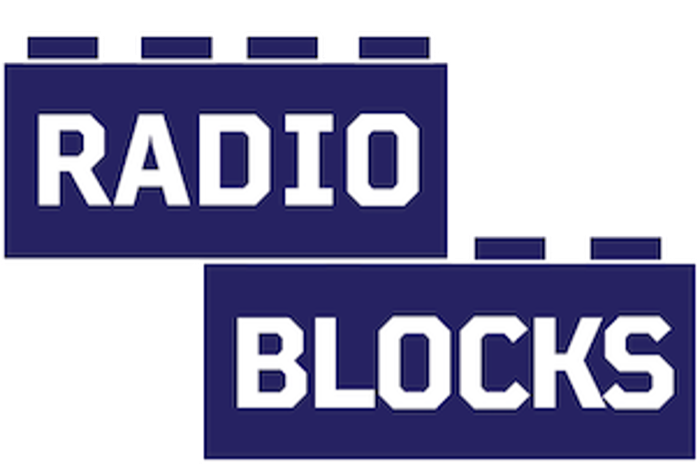
News from RADIOBLOCKS

The Horizon Europe project “New science in Radio Astronomy: applying cutting-edge technology to enhance the entire data chain, from receiver to final output”, better known by its non-acronym name “RADIOBLOCKS”, aims to enhance European major research infrastructures in radio astronomy by developing common building blocks for technological solutions beyond state-of-the-art. Thirty-one institutes from twelve different countries have teamed up in RADIOBLOCKS.
As a collaboration between institutes, partners from industry and academia, the project engages in co-developing advanced technologies. The overall goal is to improve sensitivity, field of view, bandwidth, angular, time and frequency resolution, commensality and on-sky time, reaction time, and radio frequency interference mitigation.
The project, coordinated by Agnieszka Słowikowska (JIVE), started on 1st March 2023. The five work packages are already in full motion to deliver innovation in the field of novel detectors and components, digital receivers, transport and correlator, and data (post)processing for radio astronomy.
The kick-off meeting of the project (Fig. 1) took place on 29-30 March 2023, in Leiden (NL). The event was crucial for having key researchers and engineers at the same location. On the first day, the project was presented to the partners and stakeholders. On the second day, parallel sessions took place so that the work packages could formally start their activities with internal discussions and the definition of plans of action.
The project work packages cover several topics: WP1 “Project management” (led by Giuseppe Cimò, JIVE) is in charge of the overall coordination and daily management of the project, including the dissemination of its results. WP2 “Novel Detectors and Components” (led by Carsten Kramer, IRAM) deals with the analog parts of the signal chain. It aims to develop new components and toolboxes for future receivers of EVN, ALMA, NOEMA, IRAM-30m, and SKA. WP3 “Digital Receivers” (led by Gundolf Wieching, MPIfR) links the analog to the digital domain, providing blocks for wide field, wide bandwidth, and multiple pixels instrumentation. WP4 “Data transport and correlation” (led by John Romein, ASTRON) explores new technologies, such as DPUs, GPUs and Tensor Cores, to build the next generation correlators for radio astronomy. Finally, WP5 “Data processing tool kit for advanced radio astronomy” (led by Rob Beswick, University of Manchester) develops a modular, open-source and flexible toolkit to enable rapid, reproducible and scalable analysis tools.
RADIOBLOCKS’s activities and exciting results will be reported in future newsletters. Detailed information on the project can be found at: https://www.radioblocks.eu
This project has been awarded nearly 9 million euros, over 4 years, from the European Union's Horizon Europe research and innovation programme under grant agreement No 101093934.